It wasn’t so long ago that the gut was treated like a plumbing system: pipes in, pipes out. Digestion was a background process — simple, mechanical, and often ignored. But today, that paradigm has shifted dramatically.
Thanks to so many advances in microbiome research, scientists are now realising something astonishing: your gut may be the most important organ in your body — not just for digestion, but for immunity, mental health, metabolism, and even personality.
What was once dismissed as a digestive sidekick is now being recognised as a command centre of human health.
The Second Brain — That Might Be the First
Nestled in your abdomen is a complex neural network called the enteric nervous system, often referred to as the “second brain.” This network contains over 100 million neurons — more than the spinal cord — and communicates directly with your brain through the vagus nerve.
But here’s the twist: much of that communication is one-way — from gut to brain. In fact, up to 90% of the body's serotonin (your happiness neurotransmitter) is produced in the gut, not the head.
The gut doesn’t just reflect how you feel — it helps create those feelings.
Turkey Tail MushroomAustralian Grown Turkey Tail Mushroom. A powerful prebiotic that can transform your gut health. 立即訂購 |
 |
Microbiome: Your Inner Ecosystem
At the heart of gut health is your microbiome — trillions of bacteria, fungi, and viruses living in your intestines. These microbes aren't passive passengers. They:
- Train your immune system
- Help produce vitamins (like B12 and K)
- Influence inflammation
- Break down complex fibres into anti-inflammatory compounds
- And — perhaps most remarkably — affect your thoughts and mood
We are beginning to understand that a diverse, balanced microbiome is key to overall health. Disruptions in this ecosystem — known as dysbiosis — are now linked to everything from obesity and depression to autoimmune disease, diabetes, and even Alzheimer’s.
How to Improve Gut Health: 5 Science-Backed Strategies
1. Eat More Diverse, Fibre-Rich Wholefoods
The single most powerful factor influencing gut health? Diet diversity.
Research from the American Gut Project shows that people who eat 30+ different plant foods per week have significantly more diverse microbiomes than those who eat fewer than 10.
Include:
- Vegetables, legumes, whole grains, nuts, seeds, fruits
- Prebiotic-rich foods: garlic, Turkey Tail mushrooms leeks, onions, artichokes
- Fermented foods: sauerkraut, apple cider vinegar, kimchi, kefir, yoghurt
2. Avoid Unnecessary Antibiotics
Antibiotics save lives — but they also wipe out beneficial microbes.
Take only when truly necessary, and consider rebuilding your gut flora afterward with fermented foods or targeted probiotics.
3. Slow Down When You Eat
Eating quickly and under stress disrupts digestion and impairs your microbiota.
Slow eating triggers the parasympathetic nervous system, optimising enzyme release and gut motility.
Bonus: eating with others also increases microbial diversity, as shown in microbiome studies of cohabiting families.
4. Sleep, Move, and De-Stress
Your microbiome thrives on rhythm and stability. Poor sleep, chronic stress, and sedentary lifestyles disrupt microbial balance.
Aim for:
- 7–9 hours of sleep per night
- Daily movement (even walking matters)
-
Meditation, breathwork, or mindfulness to lower cortisol
5. Touch the Earth — Literally
Surprisingly, interacting with natural environments boosts microbiome diversity.
Playing in the garden, hiking in forests, or simply getting your hands in soil can introduce beneficial microbes — a concept called “rewilding the microbiome.”
Gut Health Is Whole Health
Science is not just suggesting that gut health is important. It's showing that gut health is health.
In a world chasing high-tech solutions, the most powerful interventions remain beautifully simple:
- Eat real, whole, colourful food and lots of probiotic rich foods like Kimchi, sauerkraut, kefir, apple cider vinegar and organic greek yoghurt. Complement that with lots of prebiotic foods like green bananas, Turkey Tail mushroom, asparagus and garlic
- Slow down.
- Connect with others.
- Breathe.
- And trust your gut — it knows more than we ever imagined. We used to believe the brain ruled the body. Now we know the gut has a say — and it’s speaking loud and clear.
If you want to improve your digestion, immunity, mental clarity, and long-term health, start where everything begins — in the gut.
Nourish it, listen to it, and treat it not as an afterthought… but as your inner ecosystem — alive, intelligent, and deserving of care.
常見問題
火雞尾菇有什麼功效?
火雞尾菇有助於腸道和免疫功能,也因其抗氧化和抗發炎的特性而聞名。它是整體健康和腸道保健的最佳選擇。
獅子毛好還是火雞尾好?
兩者的作用各不相同。獅子草以腦部健康和認知支援而聞名,而火雞尾則以免疫和腸道支援而受推崇。許多人同時服用兩者,以獲得全面的健康。
哪些人不宜服用火雞尾?
對蘑菇過敏、有自體免疫疾病、懷孕或哺乳的人,在服用火雞尾之前,請先諮詢醫療服務提供者。如果您正在服用免疫抑制剂或接受治疗,请务必先咨询医生。
火雞尾會對肝臟造成傷害嗎?
相反地,火雞尾蘑菇似乎可以保護肝臟和改善腸道健康。有證據顯示火雞尾蘑菇可減少肝臟發炎,並支持肝臟的健康。


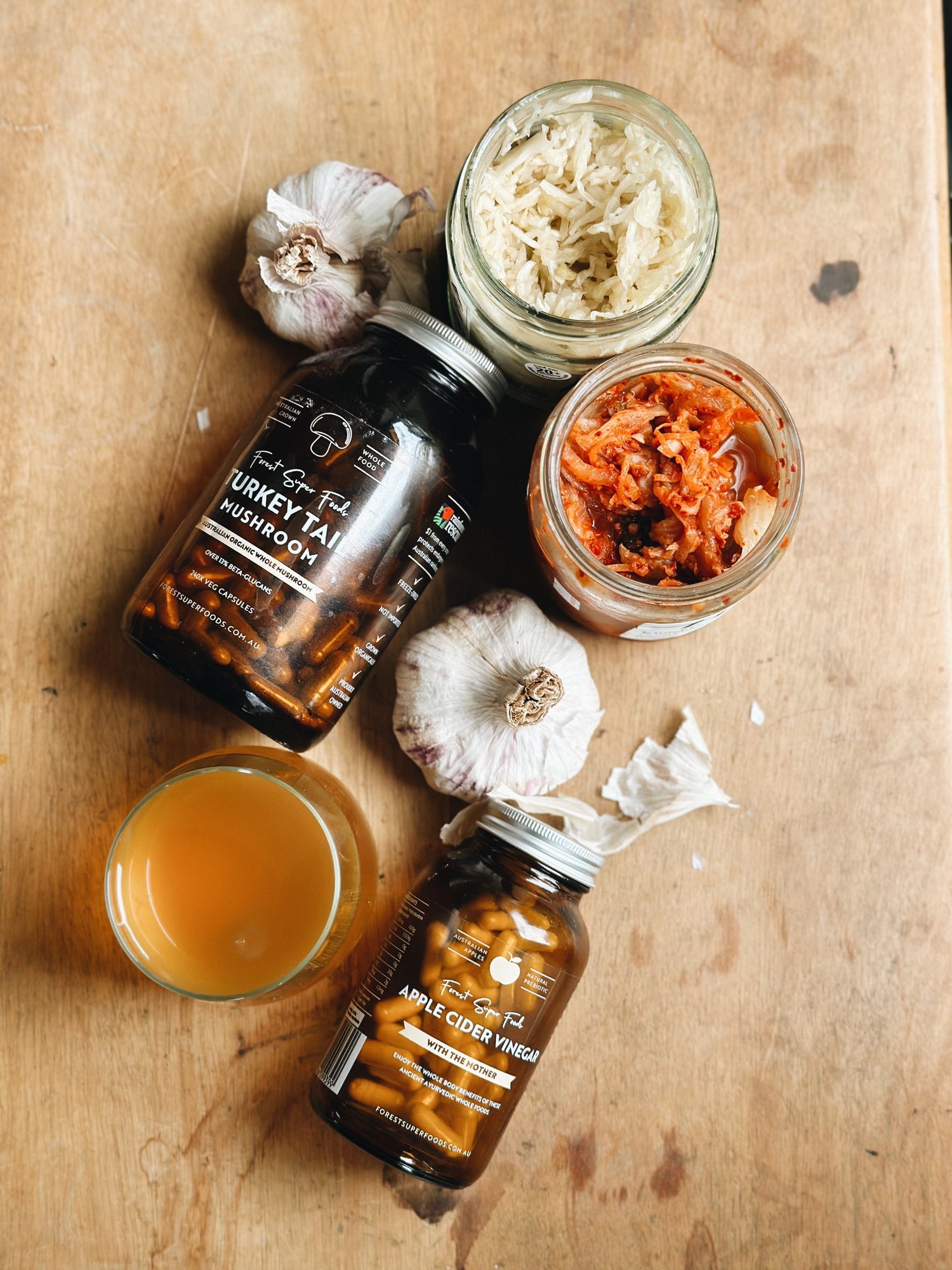

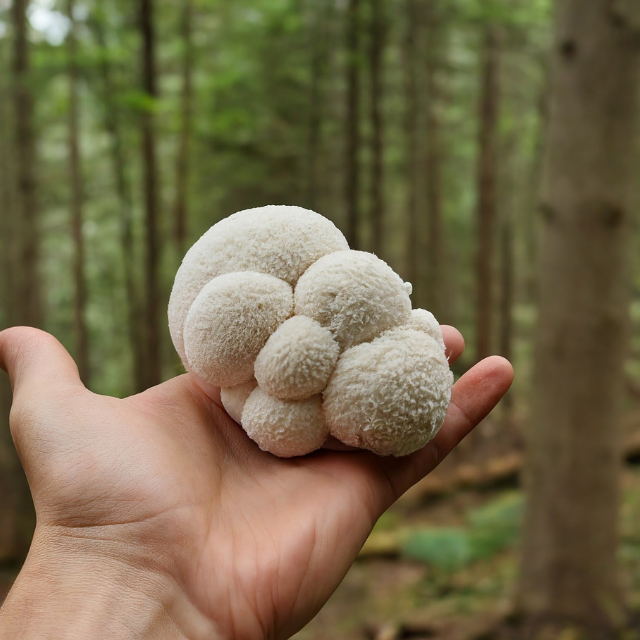
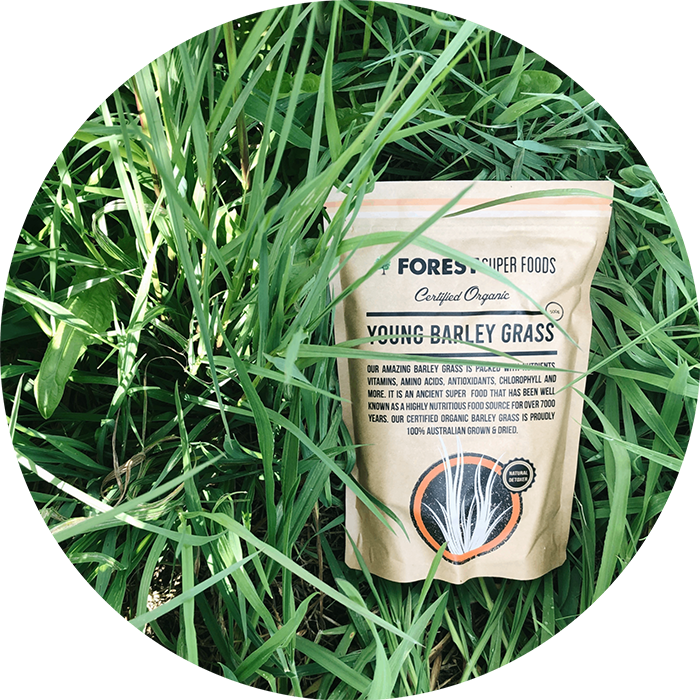
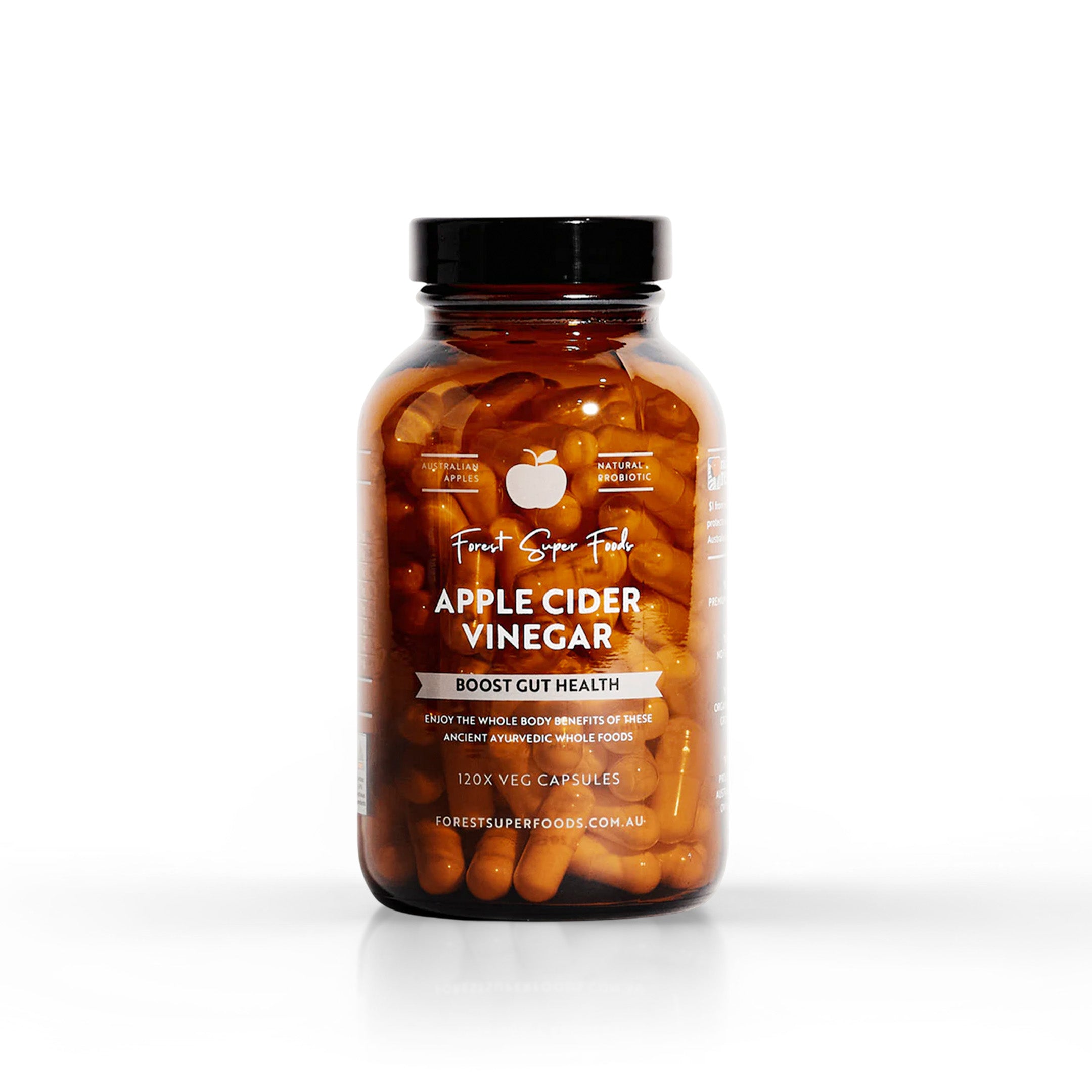
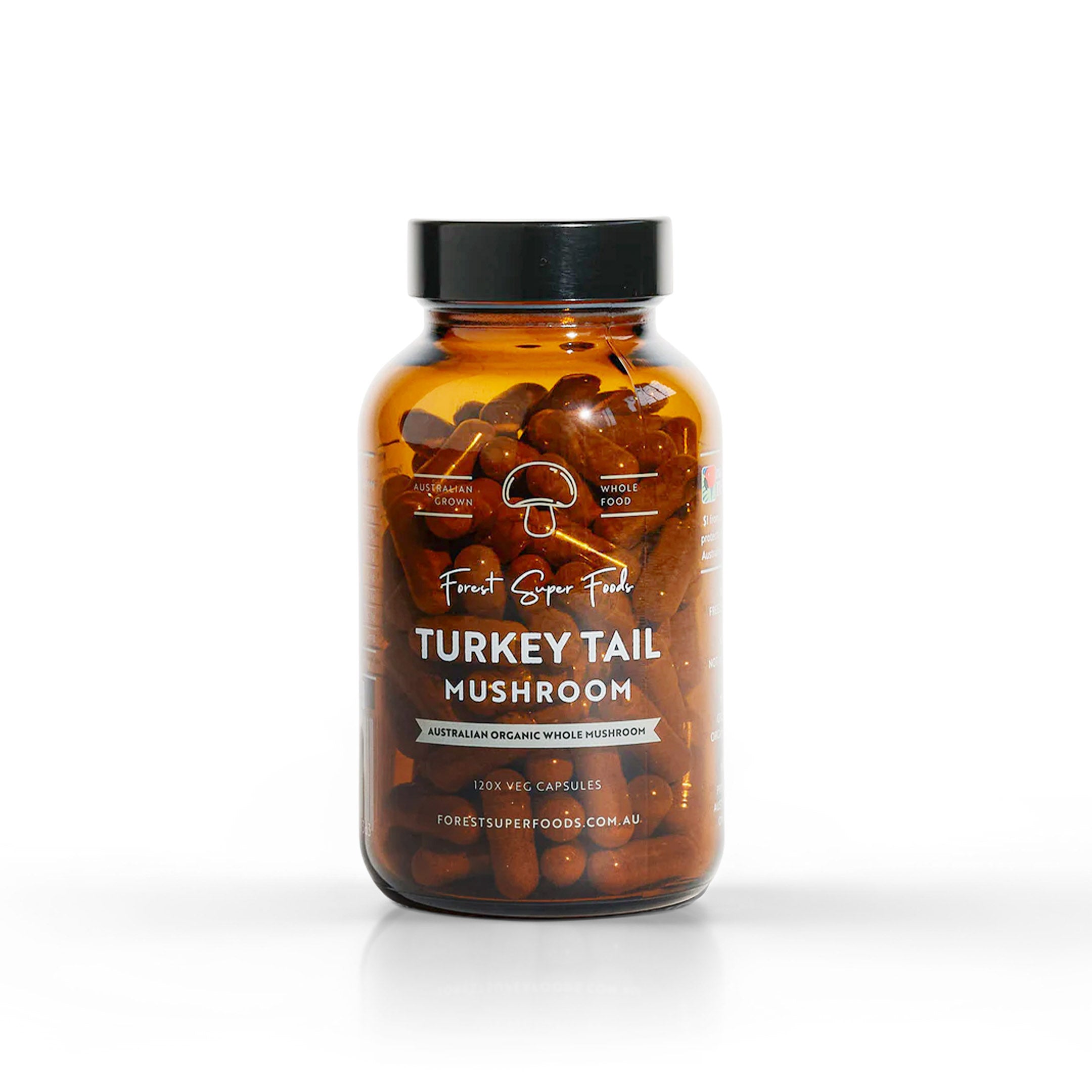
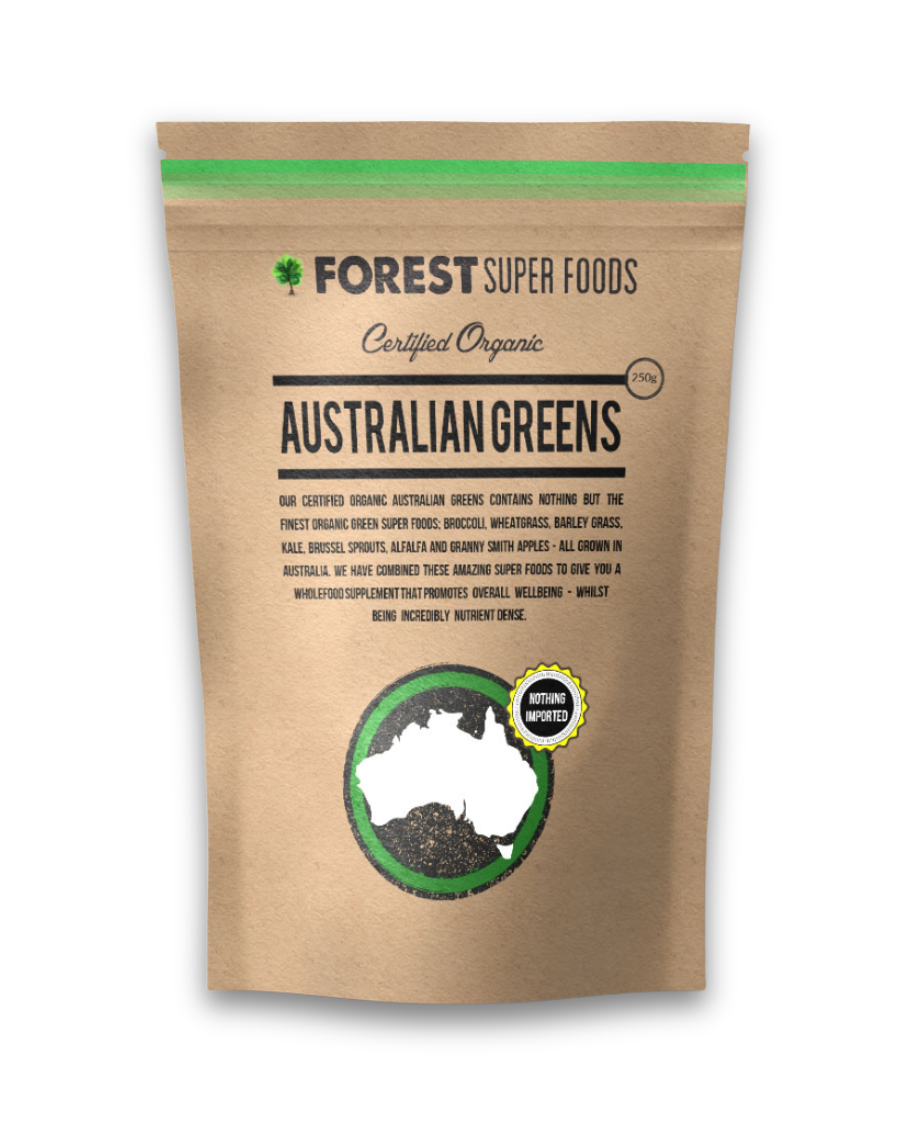
發表評論
所有評論在發表前都經過審查。
本網站受 hCaptcha 保護,並適用 hCaptcha隱私權政策 和服務條款。